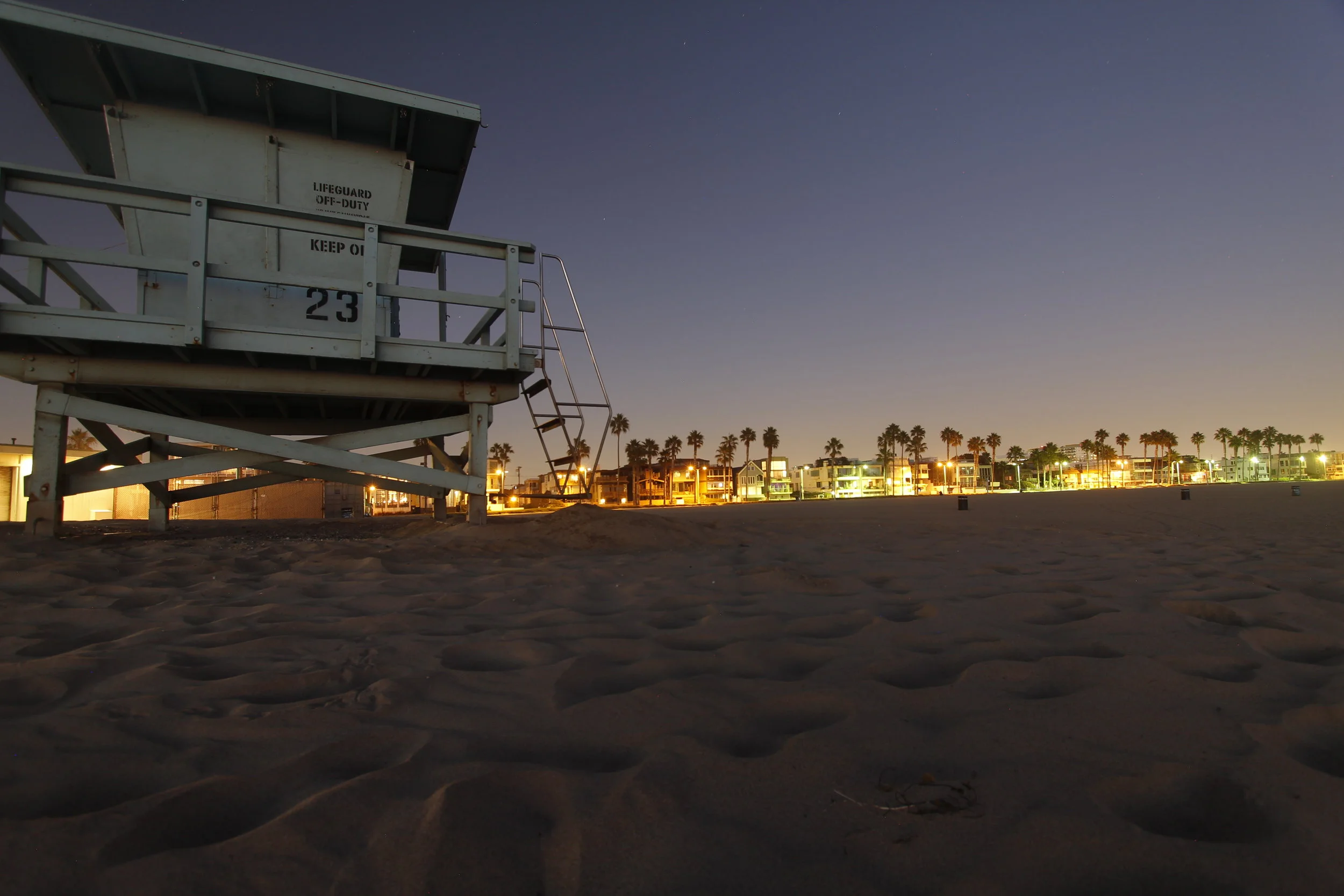Business School Culture, School Fit, and Your MBA Experience
When applying to business school, one of the most reliable questions you will get from just about any institution deals with how you feel you will fit within that school’s culture. While it’s fairly easy to see if you have an academic fit or a professional fit at a school (by researching their curriculum and statistics for admitted students), it’s far more difficult sometimes to ascertain the “culture” of a school.
Why MBA Candidates Should Ditch the Phrase "Safety School"
Today we are going to take the term "Safety School" and put it through the shredder. Reasonable minds can probably disagree on what the term should mean, but what I want to do is explain why I personally do not believe that "Safety School" should be part of an MBA applicant's lexicon.
First, the term is used incorrectly about 90% of the time. When applicants say "safety school," what they often mean is "a school that is really good but that hopefully I have a better chance to get into." If you are using the term this way, just as a shorthand, that is fine but make sure that it's clarified with anyone you are working with, such as your consultant. The real use for "safety school" should probably translate more or less to "a sure bet." With college applicants - due to the pressure to be enrolled on an exact timeline (following high school graduation, of course) - a "safety school" is a very real thing; you simply have to pick some programs that you are sure to get into. Often this means a program from that student's home state, sometimes with sheer numerical thresholds (lacking holistic admissions processes). If you go to school in California and have a certain matrix of GPA and test scores, you can feel "safe" about getting into certain Cal-State programs. That's a safety school. Ross and Duke Fuqua are not safety schools. Now, what if you are using the term in the right way?








